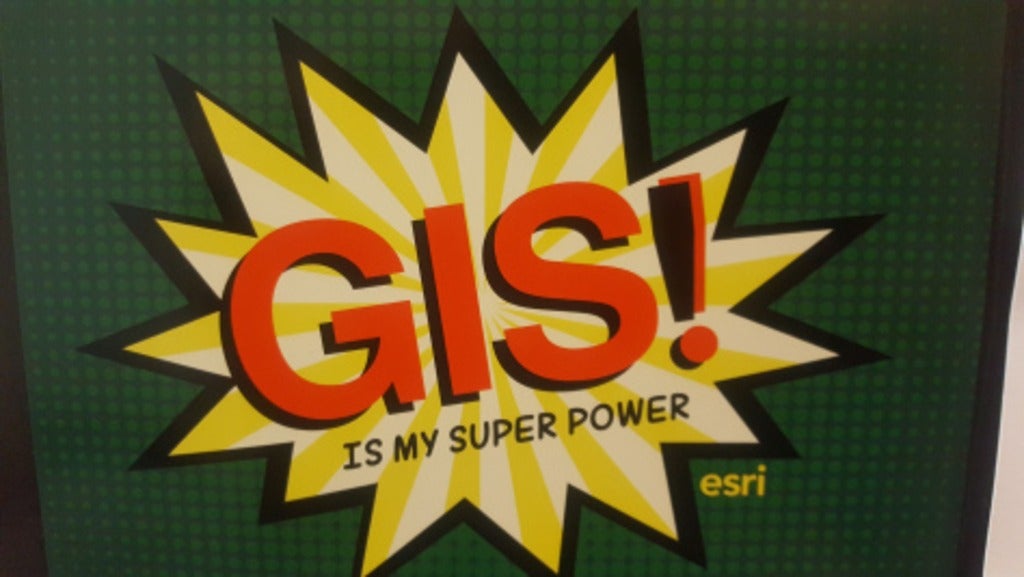2017 Esri User Conference and The Cost(s) of Geospatial Open Data
I had the amazing opportunity recently to attend the 2017 Esri User Conference (UC) in San Diego, California. The Esri ‘UC’ as it’s known is an annual event that showcases what’s new and hot in the Esri GIS world, and provides a chance for over 16,000 GIS and map nerds to get together, learn from each other, and generally celebrate everything geospatial.
